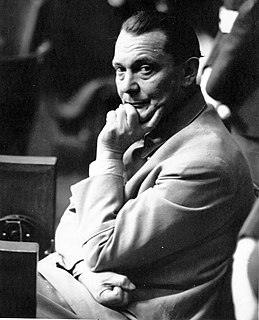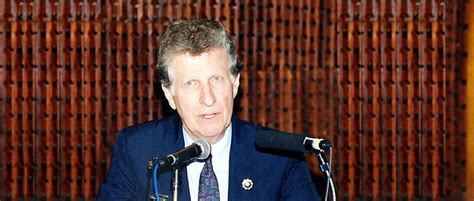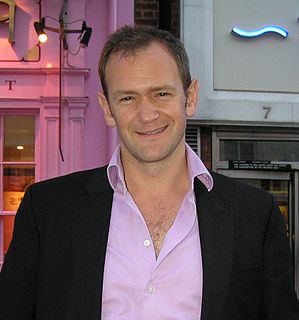A Quote by Andrew Neil
The English are a tolerant bunch and, outside elements of the London elite, never much minded the rise of the Scottish Raj: after all, we were British, well-educated, reasonably cultivated and spoke with clear, classless accents.
Related Quotes
I think people are really picky about English accents. When a Brit comes over here and kind of does an OK American accent, everyone's like, 'You were great! Fantastic!' But in England, even if you were doing a pretty good accent, they're like, 'But where are you from?' 'London.' 'What part of London?' Accents are really precious over there.

































